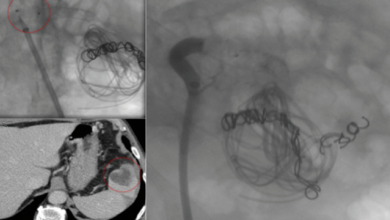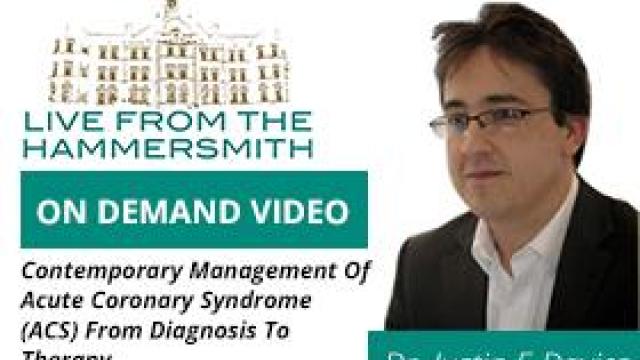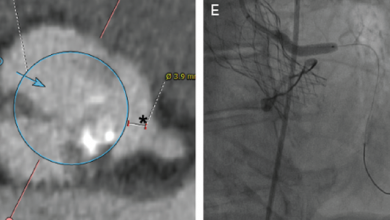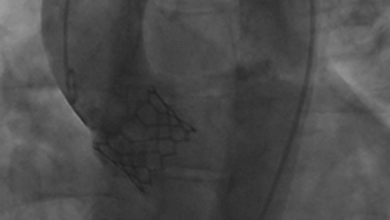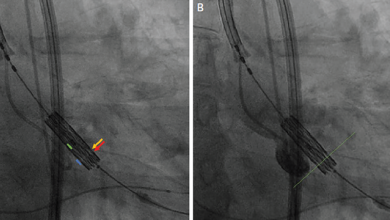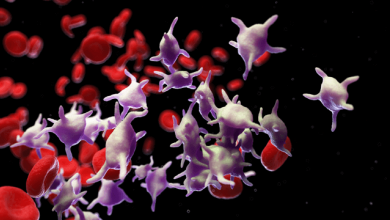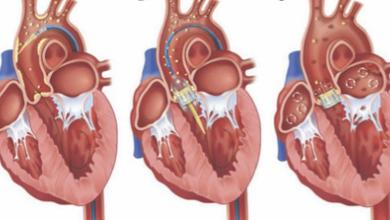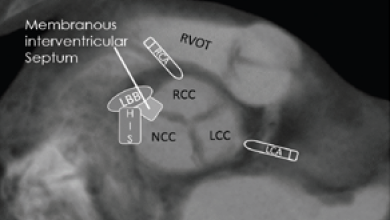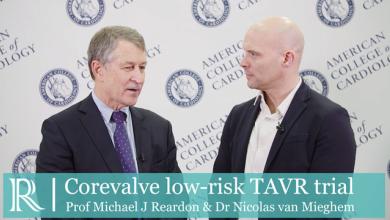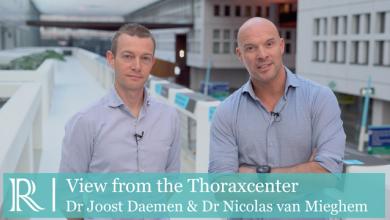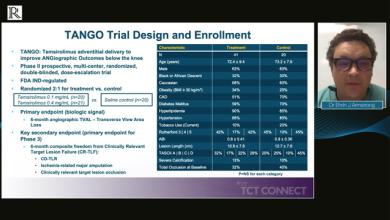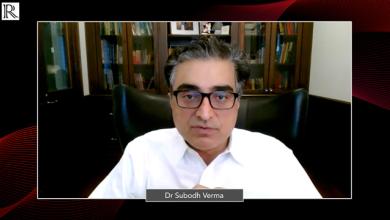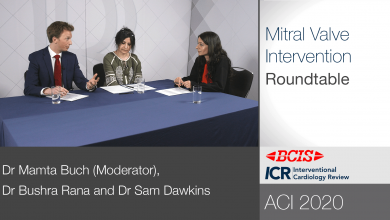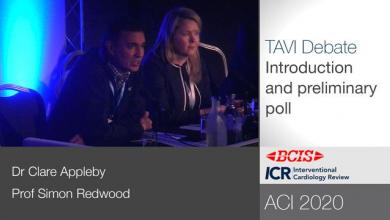Heart transplantation surgery has become the standard treatment for selected patients with end-stage heart failure. Improvements in immunosuppressant, donor procurement, surgical techniques, and post-transplant care have resulted in a substantial decrease in acute allograft rejection, which had previously significantly limited survival of heart transplant recipients.
The number of heart transplants performed worldwide over the last decade has continued to increase annually.
Current challenges include older age of both recipients and donors; an increasing number of transplants performed with mechanical circulatory support; the growing use of combined organ transplants (now more than 4% of all heart transplants); and a high proportion of sensitised patients (those with pre-formed antibodies against human leukocyte antigens, which increased the risk of organ rejection).








